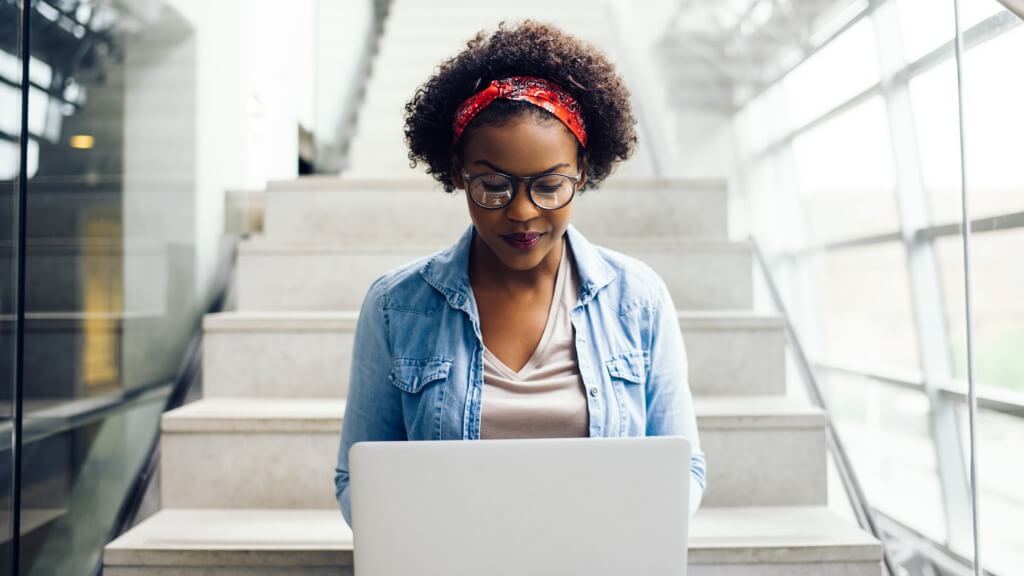Tech To Empower Us In The Return To Work
We will return to work, but we won't return to normal.

The pandemic will play a central role in our lives long into 2021. As vaccines are rolled out, we will begin to return to a more communal way of working. However, there will be no ‘return to normal’.
The challenges of the pandemic have taught us a great deal and led to some fantastic innovation. These novel approaches will guide us into a post-pandemic world.
Technology has been at the forefront of many adaptations to Covid and for Freespace, a technological approach has defined our capacity to adapt throughout the past ten months.
Politicians and business leaders alike are citing the need to return to a centralised place of work. Many workers, too, are keen to return to the office as home working continues to take its toll on mental health.
However, doing so opens workers up to new risks and stresses. It’s vital that effective precautions are in place throughout the return to the workplace. These may be social distancing measures, split or staggered shifts, or regular deep cleaning of communal areas.
There is an endless list of possible precautions but each of these requires adaptations to the workplace that can be stressful to staff and facilities management teams alike.
Staff returning to their workplace during a global pandemic are going to be managing a significant amount of stress and having to adapt to new safety measures can add to this. Technology can smooth the way as people settle back in.
Desk and space usage in the workplace will be one of the most noticeable changes for staff returning to the office. Managers will need to adapt their workplaces to comply with social distancing measures.
This may mean using only every other workstation or using one-way systems to minimise congestion, changes which might take staff time to adapt to. Freespace’s mobile app has been designed to transform the approach to ‘back to work’ by allowing staff to plan and track their use of the workplace.
How does it work?
The app relies on numbered and colour-coded QR SPOT Tags used to label each workstation. Staff are able to see which desks are clean and available for use and them reserve through the app.
Information on desks usage can be provided to cleaning staff and office workers to ensure the correct desks are cleaned and used. Workers can then use the app to ‘check-in’ to their workstation by scanning the QR code.
The system accepts the ‘check-in’ reservation, shows the usage of desk and confirms the desk has been cleaned ahead of use. Combined with the Freespace Cleanreader, used by cleaning staff, the use and sanitisation of workstations is comprehensively tracked and recorded so there is no chance of cross-contamination between users.
Being able to book a desk in advance will be particularly useful in workplaces regularly working at maximum safe capacity or if one-way systems are in place. Searching for a desk wasted significant amounts of time prior to the pandemic.
Where few desks are available relative to the number of people or employees have to walk around a one-way system to find a workstation, this could grow further still. Staff that have come into the office to work with colleagues will be able to coordinate through the app to find collaborative working areas.
The app also offers a means of managing communication with employees and using questionnaires to check up on wellbeing. This ticks a very important box when it comes to internal communications and adding layers of reassurance.
Tech is leading the way
Many office managers have been anticipating the return to the workplace for months. Safety measures such as social distancing and cleaning are the main concern for most but to truly streamline the process, much more needs to be considered.
Now that so many workers have demonstrated they can work effectively from home and avoid the stress of a commute, returning to a workplace that doesn’t feel safe will be an unwelcome upheaval.
Many people have re-evaluated the way they approach public spaces, becoming far more conscious of their health and wellbeing. A return to a busy office after so many months of relative seclusion could be a highly stressful process.
It will be important, not only to keep employees safe, but to be seen to be doing so in order to offer reassurance. Interactive technology provides this peace of mind and empowers staff to take all precautions they feel necessary.
Many of the changes we have seen throughout the pandemic will reshape the future of the workplace. Employees have become far more conscious about how quickly employers will act to keep their staff safe.
Those willing to invest in health and wellbeing will be in particular demand in the coming years.
Robin Davies is business development director at Freespace.
Thanks for signing up to Minutehack alerts.
Brilliant editorials heading your way soon.
Okay, Thanks!